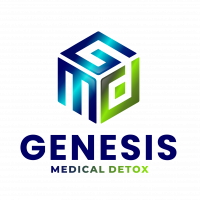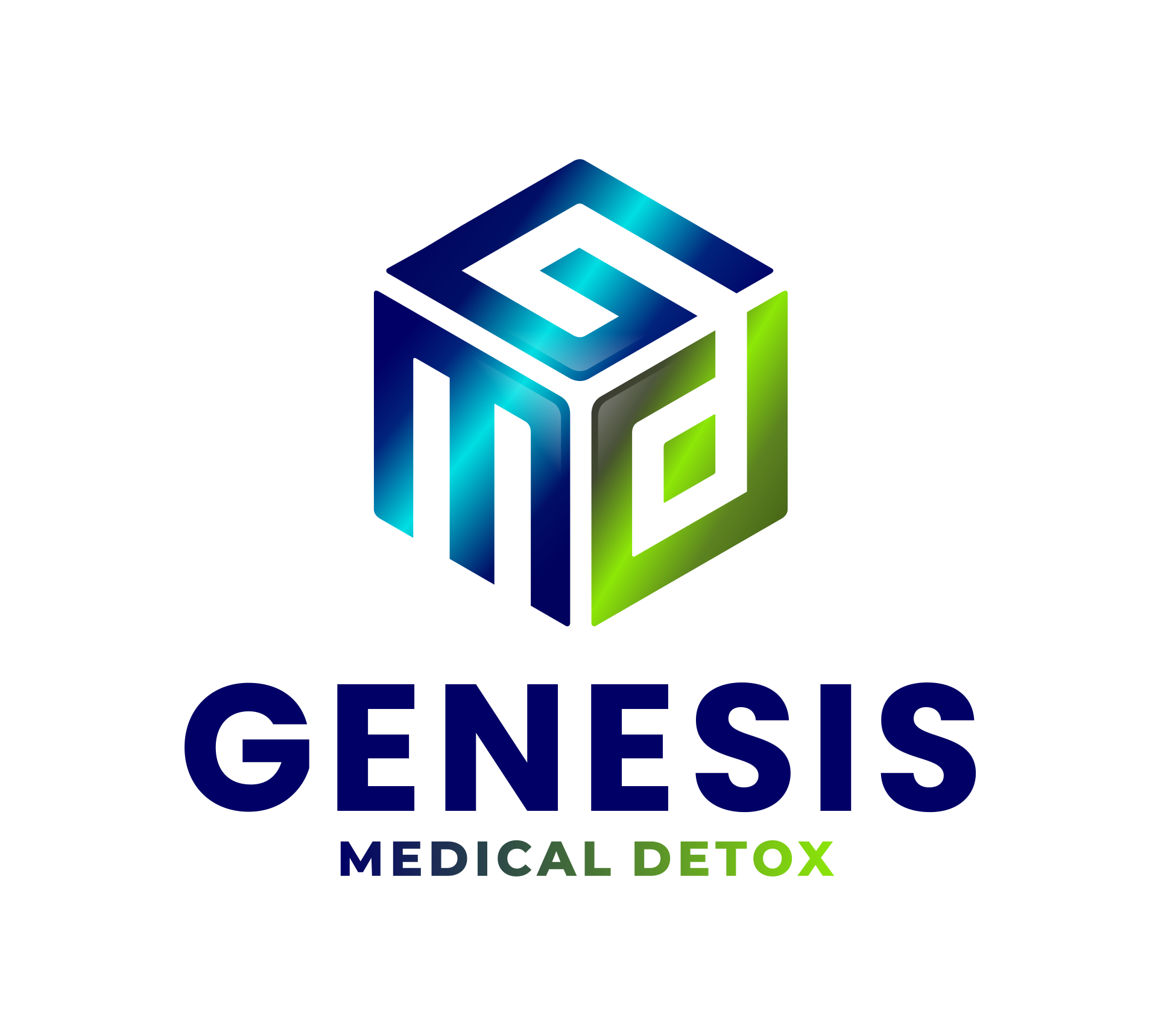
Opioid Addiction and Opioid Withdrawal: How long Does Opioid Withdrawal Last
Opioid addiction represents one of the most pressing public health crises of the 21st century, with far-reaching consequences that extend beyond individual users to impact families, communities, and healthcare systems. Characterized by an insatiable craving for opioids—whether they are prescription medications or illicit substances such as heroin—this addiction has been fueled by a complex interplay of medical, psychological, social, and economic factors. Understanding the nuances of opioid addiction is essential for developing effective prevention and treatment strategies aimed at mitigating its impact.
At the core of opioid addiction lies the pharmacological properties of opioids, which are compounds that interact with specific receptors in the brain to produce analgesic effects and euphoria. Commonly prescribed opioids, such as oxycodone, hydrocodone, and fentanyl, have been heralded for their pain-relieving capabilities. However, these medications also carry a significant risk of dependence and addiction, particularly when used beyond the prescribed duration or at increased dosages. According to the Centers for Disease Control and Prevention (CDC), opioid overdose deaths have surged, with more than 80,000 recorded in 2021 alone, highlighting the dangerous trajectory of opioid misuse.
The rise of opioid addiction can be traced back to the late 1990s when pharmaceutical companies aggressively marketed opioids as safe and non-addictive solutions for chronic pain. This misleading information prompted healthcare providers to prescribe these medications with greater frequency and minimal caution. Consequently, patients who experienced legitimate pain started to develop dependency, leading to widespread misuse—a phenomenon fueled further by the subsequent transition to illicit drugs. As prescription opioids became harder to acquire, many individuals turned to heroin and synthetic opioids, such as fentanyl, which are significantly more potent and riskier.
The psychological and social dimensions of opioid addiction are equally significant. Individuals battling opioid addiction often grapple with co-occurring mental health conditions, such as depression, anxiety, and post-traumatic stress disorder. These mental health challenges can exacerbate the cycle of addiction, as individuals may resort to opioids as a form of self-medication. Additionally, social determinants such as poverty, trauma, and lack of access to education can create an environment in which individuals are more susceptible to substance abuse. Factors like stigma and lack of understanding surrounding addiction also hinder affected individuals from seeking help, isolating them further and compounding their struggles.
The impact of opioid addiction extends beyond the immediate health implications for users; it permeates families and communities. The toll of opioid addiction on families often manifests through increased rates of family dysfunction, domestic violence, and child neglect. Furthermore, communities bear the burden of increased healthcare costs, reduced workforce productivity, and strained social service systems. The opioid crisis disproportionately affects marginalized communities, where resources for treatment and recovery are often scarce or altogether absent. This inequity exacerbates the challenges faced by individuals seeking assistance and recovery.
Efforts to address opioid addiction have transformed over recent years, reflecting a shift from punitive measures towards a more holistic public health approach. Education initiatives aimed at healthcare providers are crucial for promoting safer prescribing practices and reducing unnecessary opioid prescriptions. Additionally, enhanced access to treatment options, such as Medication-Assisted Treatment (MAT), has shown promise in helping individuals manage their addiction. MAT combines medications, like buprenorphine or methadone, with counseling and behavioral therapies to create comprehensive care for individuals facing opioid use disorder.
Furthermore, community-based programs and harm reduction strategies, such as needle exchange programs and supervised consumption sites, aim to minimize the risks associated with opioid use. These approaches underscore the importance of empathy and understanding in addiction management, fostering a non-judgmental environment that encourages individuals to seek help without fear of stigma.
The Complexities of Opioid Withdrawal: Understanding the Phenomenon
Opioid withdrawal is a multifaceted phenomenon that arises as a direct consequence of physiological dependence on opioid substances. As public health crises linked to opioid misuse continue to escalate, understanding the nature and impact of opioid withdrawal becomes imperative from both medical and socio-economic perspectives. This essay delineates the pharmacological basis of opioid dependence, the clinical manifestations of withdrawal, the psychological dimensions associated with it, and the broader implications for treatment and public health.
Pharmacological Basis of Opioid Dependence
Opioids primarily exert their effects through binding to specific receptors in the brain, spinal cord, and gastrointestinal tract. These receptors, known as mu, delta, and kappa opioid receptors, play crucial roles in modulating pain perception, emotional responses, and various physiological functions. When opioids are introduced into the system, they elevate dopamine levels, producing feelings of euphoria and relief from pain. However, repeated use leads to neuroadaptation — a process where the brain’s chemistry alters to accommodate the presence of the drug. As a result, individuals require increasingly larger doses to achieve the same effects, ultimately culminating in dependence.
When opioid use is abruptly ceases or significantly reduced, withdrawal symptoms manifest due to the body’s physiological adjustment to the absence of the substance. It is essential to recognize that opioid withdrawal is not merely a psychological phenomenon but a biological response indicating that the body has become so accustomed to the substance that its absence triggers various physical symptoms.
Clinical Manifestations of Withdrawal
The clinical presentation of opioid withdrawal varies in intensity and duration, primarily influenced by the type of opioid used, the duration of use, and the individual’s overall health. Symptoms typically onset within hours to a few days after the last dose and can last from several days to a few weeks depending on the level of dependence.
Common symptoms of opioid withdrawal include anxiety, irritability, insomnia, sweating, muscle aches, nausea, vomiting, diarrhea, and abdominal cramps. The discomfort associated with these symptoms can be profound; many individuals describe it as resembling a severe case of the flu or an uncomfortable gastrointestinal illness. In some severe cases, withdrawal can lead to significant complications including dehydration, electrolyte imbalances, and even death, particularly in vulnerable populations.
Psychological Dimensions of Withdrawal
While the physical aspects of opioid withdrawal are significant, the psychological dimension cannot be understated. Many individuals experiencing withdrawal report heightened levels of anxiety, depression, and intense cravings for the substance. These cravings can be debilitating and serve as a major barrier to recovery. Psychological symptoms are often exacerbated by the physical discomfort, creating a vicious cycle that makes sustained abstinence difficult.
Moreover, the stigma surrounding substance use disorders can contribute to feelings of shame or isolation in those undergoing withdrawal. This social stigma can deter individuals from seeking help, thus perpetuating their cycle of use and withdrawal. Addressing these psychological factors is crucial for effective treatment and recovery strategies.
Broader Implications for Treatment and Public Health
The complexities of opioid withdrawal underscore the necessity for comprehensive treatment approaches. Medications such as methadone and buprenorphine have been shown to mitigate withdrawal symptoms while also reducing cravings, facilitating a smoother transition towards recovery. Behavioral therapies, including cognitive-behavioral therapy (CBT) and contingency management, are vital components of a holistic treatment plan, addressing both the psychological and behavioral aspects of addiction.
From a public health perspective, the opioid crisis poses profound challenges that require coordinated responses from healthcare systems, policymakers, and community organizations. Strategies such as harm reduction, education, and access to treatment resources can play critical roles in addressing the epidemic. Additionally, raising awareness about the realities of withdrawal and addiction can help alleviate stigma, encouraging individuals to seek the help they need.
Opioid withdrawal is a complex interplay of physiological and psychological phenomena that signifies the human body’s adaptation to opioid use. Understanding its nature and implications is crucial for effective treatment and recovery. By employing comprehensive treatment strategies and addressing stigma, society can move towards alleviating the burdens of opioid withdrawal and its associated crises. The ongoing challenge necessitates a concerted effort to not only treat individuals in withdrawal but to foster environments conducive to recovery and health restoration. In doing so, we may ultimately mitigate the impact of the opioid crisis on individuals and communities alike.
Genesis Medical Detox: A Comprehensive Approach to Opioid Withdrawal
The opioid crisis has emerged as one of the most pressing public health challenges in contemporary society, with millions of individuals grappling with addiction and dependence. In response to this epidemic, Genesis Medical Detox has developed a multifaceted approach designed to address the complexities of opioid withdrawal. Through a combination of medical expertise, individualized care, and holistic support mechanisms, Genesis Medical Detox aims to facilitate a safe and effective detoxification process for those seeking recovery.
Understanding Opioid Withdrawal
Opioid withdrawal occurs when an individual who has developed a physiological dependence on opioid medications or illicit substances abruptly reduces or ceases their use. The withdrawal syndrome can manifest with a wide range of symptoms, including but not limited to anxiety, insomnia, nausea, vomiting, muscle pain, and cravings. These symptoms can be not only physically uncomfortable but also psychologically distressing, leading many individuals to relapse before they have a chance to complete the detoxification process. Given this backdrop, a well-coordinated approach to opioid withdrawal is essential for achieving lasting recovery.
Genesis Medical Detox’s Methodology
At Genesis Medical Detox, the process begins with a thorough assessment of each patient’s medical history, substance use patterns, and psychosocial factors. This initial evaluation is critical, as it informs the treatment plan tailored to the individual’s specific needs. Such an individualized approach is emblematic of Genesis Medical Detox’s commitment to understanding the unique challenges faced by each patient in their journey toward recovery.
Following this evaluation, patients are typically placed in a medically supervised detoxification program. This environment is vital for ensuring the safety and comfort of those undergoing withdrawal. Withdrawal management can include the use of medications to mitigate symptoms, such as buprenorphine or methadone, which are opioid agonists that can help ease the discomfort without producing the euphoric highs associated with illicit opioid use. Additionally, medications such as clonidine may be utilized to alleviate autonomic symptoms related to withdrawal.
The medical staff at Genesis Medical Detox is composed of trained professionals who specialize in addiction medicine. This expertise allows for continuous monitoring of each patient’s progress, ensuring that any complications arising from withdrawal can be promptly addressed. The medical team not only focuses on the physiological aspects of withdrawal but also pays keen attention to the psychological dimensions of the experience.
Holistic Support and Aftercare
Recognizing that addiction is a multidimensional disease, Genesis Medical Detox incorporates holistic methods into its treatment model. During detox, patients engage in therapeutic programs that include counseling and peer support, which are integral for fostering emotional resilience and promoting coping skills. Individual and group therapy sessions aim to empower patients to confront and process the underlying issues that may have contributed to their substance use, thereby fostering a sense of hope and community.
Following the completion of the detoxification phase, Genesis Medical Detox emphasizes the importance of aftercare. Relapse prevention strategies are critical, as the transition from detox to ongoing recovery can be fraught with challenges. Patients are often referred to outpatient treatment programs, support groups, and sober living environments to ensure a continued support network. Genesis Medical Detox understands that the journey of recovery is not linear; therefore, the aftercare component plays a crucial role in sustaining the progress made during detox.
Genesis Medical Detox represents a beacon of hope for individuals dealing with opioid dependence. Its comprehensive approach to detoxification combines medical supervision, individualized care, and holistic therapeutic interventions, addressing both the physical and psychological dimensions of opioid withdrawal. By fostering a safe and supportive environment, Genesis Medical Detox not only alleviates the immediate discomfort associated with withdrawal but also lays the groundwork for long-term recovery. As the opioid epidemic continues to impose significant challenges on society, the methodologies implemented by organizations like Genesis Medical Detox stand as essential components in the fight against addiction, affirming the belief that recovery is indeed possible.
In Conclusion
In conclusion, opioid addiction encompasses a multifaceted challenge necessitating a concerted response from varied sectors of society. Addressing this crisis requires an understanding of the intricate web of factors contributing to addiction while advocating for effective prevention, treatment, and recovery strategies. By acknowledging the complexities of opioid addiction and promoting collaborative efforts, there exists the potential to mitigate its devastating impact and pave the way for healthier, more resilient communities. Through ongoing education, accessible treatment options, and community support, society can move towards a more informed and compassionate response to the opioid epidemic.
If you or someone you know is struggling with a chemical dependency issue reach out to Genesis Medical Detox‘s various locations: Genesis Medical Detox Tennessee, Genesis Medical Detox Alabama and Genesis Medical Detox Texas; or Magnolia Ranch Recovery our sister residential treatment company today and get started on the path to long-term recovery.







